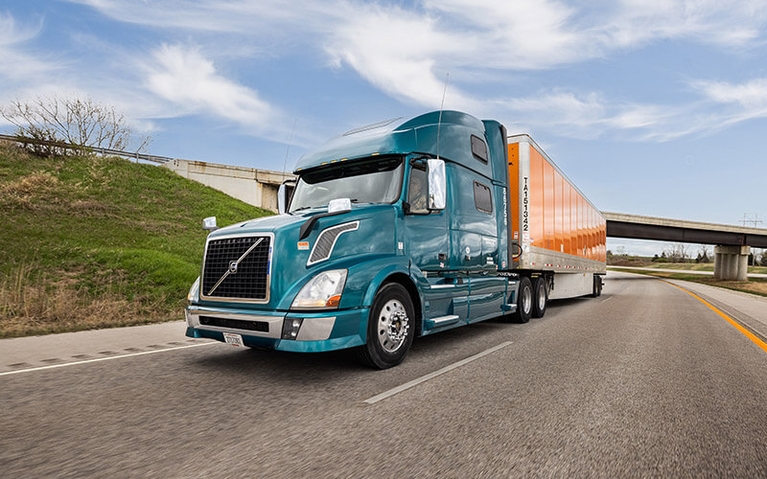What are some of the best business structures for owner-operators?
December 10, 2021

Estimated reading time: 3 minutes
Choosing which type of business structure is the right fit for your trucking business is one of the biggest decisions you’ll face as an owner-operator. In this article, we cover some of the best business structures for owner-operators to consider, including an overview of what paperwork you might need to start a trucking company to help make this big decision easier for you.
Each type of structure has its pros and cons. The intent of this article is to provide general information to give you an idea of what each business structure entails. It is not a substitute for professional legal and tax advice.
On the contrary, we highly recommend seeking professional legal and tax advice for help deciding which structure is the best choice for your trucking business.
Sole proprietorship – Simplest business structure.
Pros: Easy setup and low cost
Generally speaking, a sole proprietorship is one of the least expensive and simplest business structures available to owner-operators. It requires little setup, and the business owner can typically report all business income or losses on their personal income tax return.
Con: No liability protection
However, one of the bigger disadvantages of a sole proprietorship is the lack of additional liability protection that is afforded by some of the other types of business structures. As the business owner, you can be held personally liable for any debt or lawsuits your company accrues.
Sole proprietorship requirements
We recommend checking with your local state and your business advisors for information on what steps you have to take before your trucking business can operate, but at a minimum, you will likely need to obtain:
- Employer Identification Number (EIN).
- IRS Form W-9.
Partnership – Shared ownership between two or more people.
Pro: Easy setup for team drivers
A partnership is similar to a sole proprietorship but is owned by two or more people, making it a common business structure for team owner-operator drivers. Partnerships are easy to set up, and the tax consequences are usually similar to that of a sole proprietorship.
Con: No liability protection
Like a sole proprietorship, partnerships provide less liability protection than some of the other options available. You and your partner's personal assets are at risk in the event that your company is sued or fails to pay off business-related debts.
Partnership requirements
Again, we recommend checking with your state and your business advisors about what steps you will have to take before your business can operate, but you’ll likely need:
- Employer Identification Number (EIN).
- IRS Form W-9.
- (A written partnership agreement is also recommended – and in some states may be required – to outline each party’s duties, responsibilities and financial terms.)
Limited liability company – More protection for business owners.
Pros: Additional liability protection and flexibility
A limited liability company (LLC) offers some additional liability protection for the business owner’s personal assets. LLC owners may also be able to report their business’ income on their personal income tax return, and they have the option to tax it as a separate business entity as well.
Con: Higher registration costs
The biggest drawback of an LLC is that it requires more documentation and investment than some of the other structures available to owner-operators. Filing fees can range from $50 to $500, depending on the state the owner-operator resides in.
Limited liability company requirements
Check with your local State and your business advisors about what steps you will need to take to set up an LLC, but some potential requirements for setting up a trucking LLC may include:
- Employer Identification Number (EIN).
- IRS Form W-9.
- Articles of Organization (may also be called Certificate of Organization or Certificate of Formation in some states).
These are just some of the business structure options that are available to you; there may be other options as well depending on your situation. Again, we recommend you consult with your legal and tax advisors to get your business set up properly and in the best manner to suit your individual business and personal needs.



